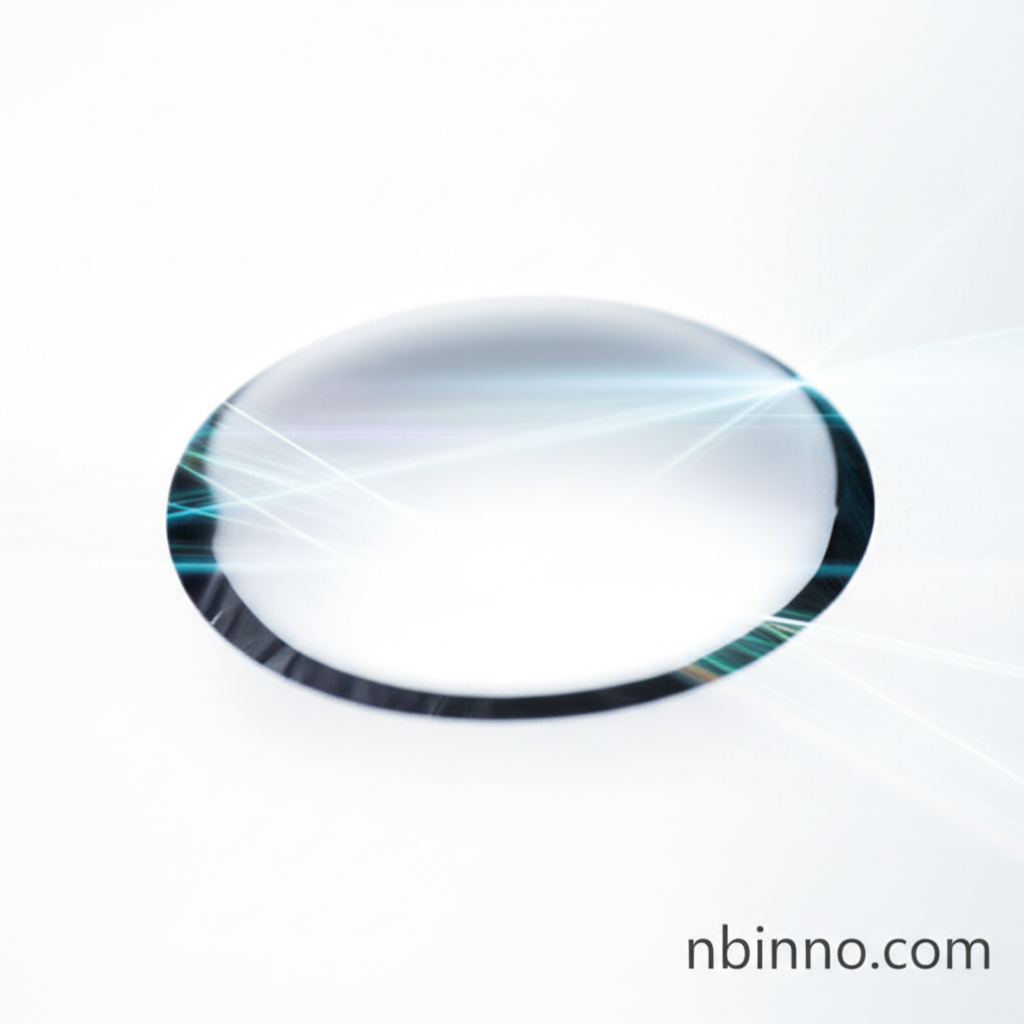Enbucrilate (CAS 6606-65-1): Properties, Applications, and Medical Uses of a Versatile Cyanoacrylate
Discover the key properties and diverse medical applications of n-butyl cyanoacrylate, a vital tissue adhesive and embolization agent.
Get a Quote & SampleProduct Core Value

n-Butyl 2-cyanoacrylate
Enbucrilate, also known as n-butyl-2-cyanoacrylate, is a highly versatile chemical compound with significant applications in the medical field. Its unique ability to polymerize rapidly upon contact with moisture or ionic substances makes it an ideal candidate for various medical procedures requiring strong and secure tissue adhesion. This rapid polymerization creates a durable, bacteriostatic bond, essential for effective wound closure and hemostasis.
- Explore the key chemical properties of n-butyl cyanoacrylate, including its molecular formula (C8H11NO2) and molecular weight (153.17800), understanding its fundamental characteristics.
- Learn about the diverse medical uses of Enbucrilate, particularly its role as a tissue adhesive for surgical wound closure and its effectiveness as an embolization agent.
- Investigate the chemical properties of n-butyl cyanoacrylate, such as its density (1.005 g/cm3) and boiling point (232.8ºC), which influence its handling and application.
- Understand the process of rapid polymerization in Enbucrilate, crucial for its performance in medical settings when exposed to moisture or biological fluids.
Advantages of Enbucrilate
Rapid Polymerization and Strong Bonding
The inherent property of n-butyl cyanoacrylate to polymerize quickly ensures efficient and fast tissue adhesion, critical for procedures like surgical wound closure.
Bacteriostatic Properties
Enbucrilate exhibits bacteriostatic properties, which helps in preventing bacterial growth at the application site, contributing to a reduced risk of infection during medical uses.
Versatile Application as an Embolization Agent
Beyond wound closure, the unique characteristics of this cyanoacrylate make it a valuable embolization agent in various medical interventions, demonstrating its wide-ranging utility.
Key Applications
Tissue Adhesion
Utilizing the rapid polymerization of Enbucrilate for effective tissue adhesion in various medical contexts, providing a strong and reliable bond.
Wound Closure
The primary medical use of n-butyl cyanoacrylate involves its application as a tissue adhesive for surgical wound closure, offering an alternative to traditional methods.
Embolization Procedures
The properties of Enbucrilate make it suitable for use as an embolization agent in medical procedures, aiding in blocking blood vessels.
Medical and Veterinary Uses
A broad category encompassing the diverse ways Enbucrilate is employed in both human and animal healthcare for its adhesive and hemostatic capabilities.
